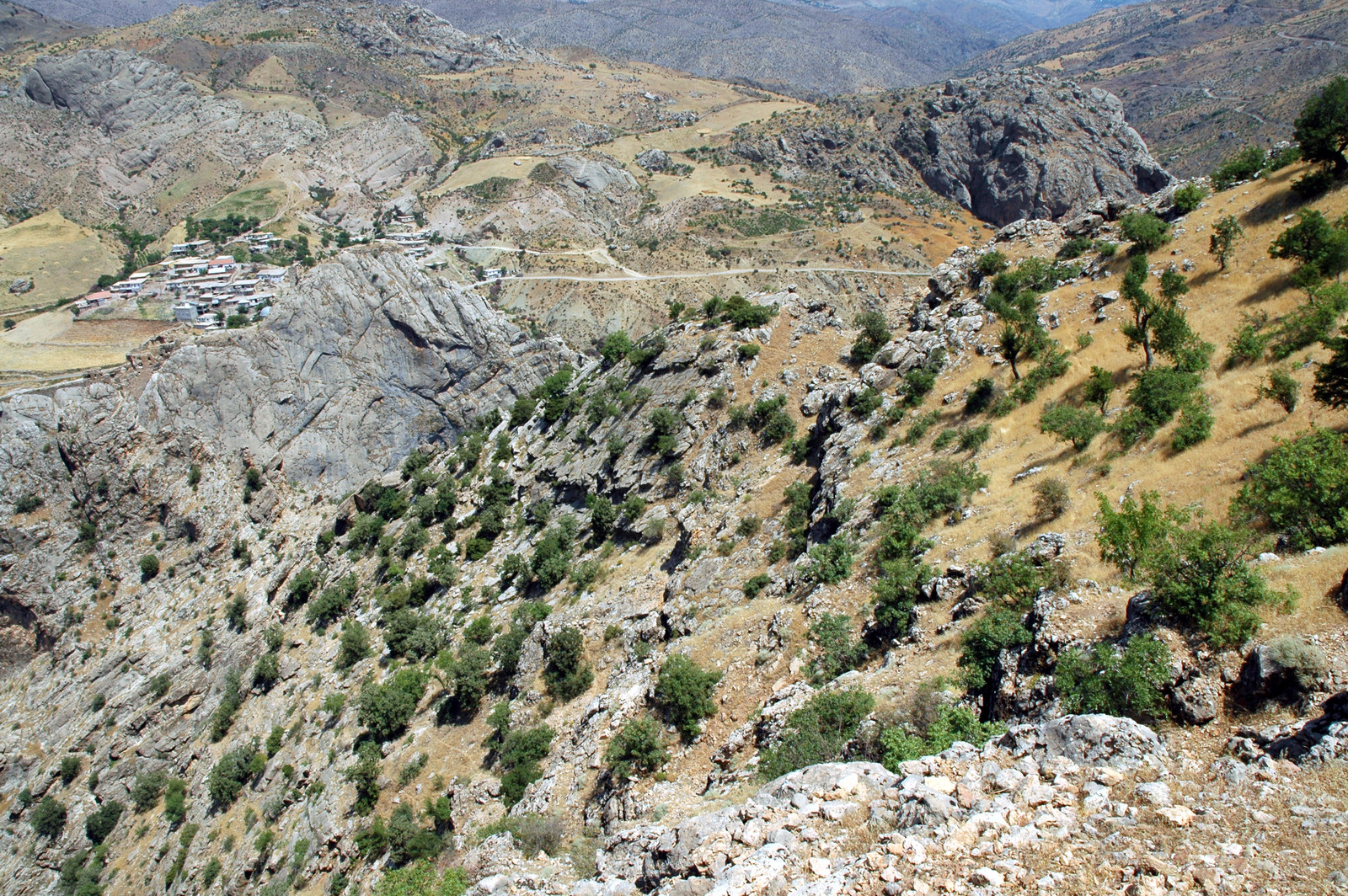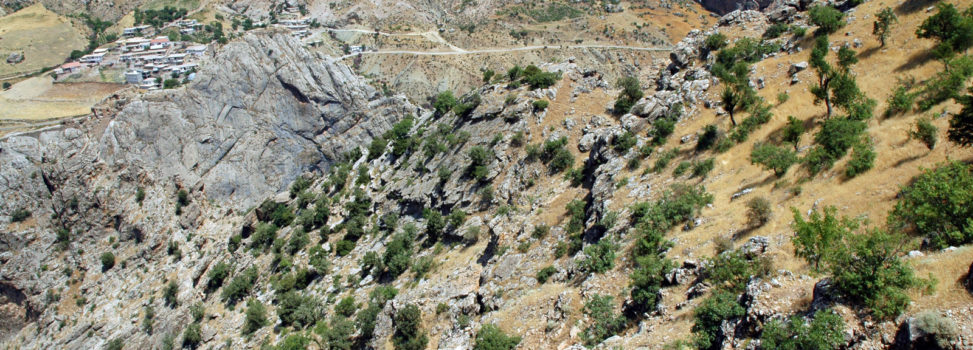The Kurds: Elusive Dreams of Independence
Presentation and Discussion with
Jill Derby
Chair, Board of Trustees, American University of Iraq, Sulaimani
Wednesday, February 12, 2020
Click here to view the power point presentation
The Kurds are an ancient and noble people who are now the primary ‘boots on the ground’ against ISIS in the Middle East. They are 35 million strong worldwide, the largest people group on earth without their own homeland. (Stephen Mansfield, Via TEDx, 18 May 2019)
The rise of the Islamic State in Iraq and Syria (ISIS) in 2011 and the regional conflict that followed stimulated renewed attention on the Kurds, one of the United States most stalwart allies in the region. President Trump’s precipitous decision to withdraw troops from Syria in October 2019 further highlighted the disparate roles the Kurds have played in conflicts throughout the Middle East. It also underscored just how little most of the world knows about a people who have lived, fought and died in conflicts involving international coalitions, regional governments, and transnational terrorist groups, all the while finding their quest for a homeland ever more elusive.
Historical facts about the Kurds are informative, but do not tell the story of Kurdish culture, religion, governance, and aspirations. The Kurds are mostly followers of Sunni Islam, sharing a common language, but residing in regional areas of four countries – Iran, Iraq, Turkey and Syria. Their political affiliations and organizations reflect the state-of-play (peaceful co-existence or conflict) the Kurds have with the national governments of their home countries. Despite sharing a common aspiration for a Kurdish homeland, different Kurdish political and military factions have evolved in response to regional conflicts, the degree of autonomy they have achieved with other governments, and their role as partner in international coalitions.
Following our NSF presentation last fall on the resurgence of ISIS, many of you had questions about the role the Kurds have played in fighting Islamic extremism in the region. Good news! Our very own Dr. Jill Derby has agreed to share her insight and knowledge about Kurdish history, religion, culture, and their yearnings for a homeland. As Chair of the Board of Trustees for the American University of Iraq, Sulamani, and a student of Arab cultures in Middle East, Dr. Derby has a deep understanding and personal knowledge of the national aspirations and practical realities faced by the Kurdish people.
Although this topic would be best presented in a semester course, Dr. Derby promises to share the salient points and answer your burning questions in a mere 60 minutes.
Come join us for an enlightening presentation and bring on the questions!
Dr. Jill Derby serves as Chair for the Board of Trustees of the American University of Iraq, Sulamani (AUIS). She is also a Senior Governance Consultant with the Association of Governing Boards of Universities and Colleges based in Washington, DC, where she has worked internationally for more than 15 years, to advance governance effectiveness in higher education institutions. Derby is a cultural anthropologist who received her PhD from the University of California, Davis with a concentration on the Arab Middle East. She served on two Nevada college faculties before transitioning to a policy role on the Nevada Board of Regents, where she served for 18 years, with three terms as Board Chair. In 2011 she received a U.S. Senate appointment to the National Advisory Committee on Institutional Quality and Integrity (NACIQI), which advises the U.S. Secretary of Education on higher education policy and oversees the accreditation process.


